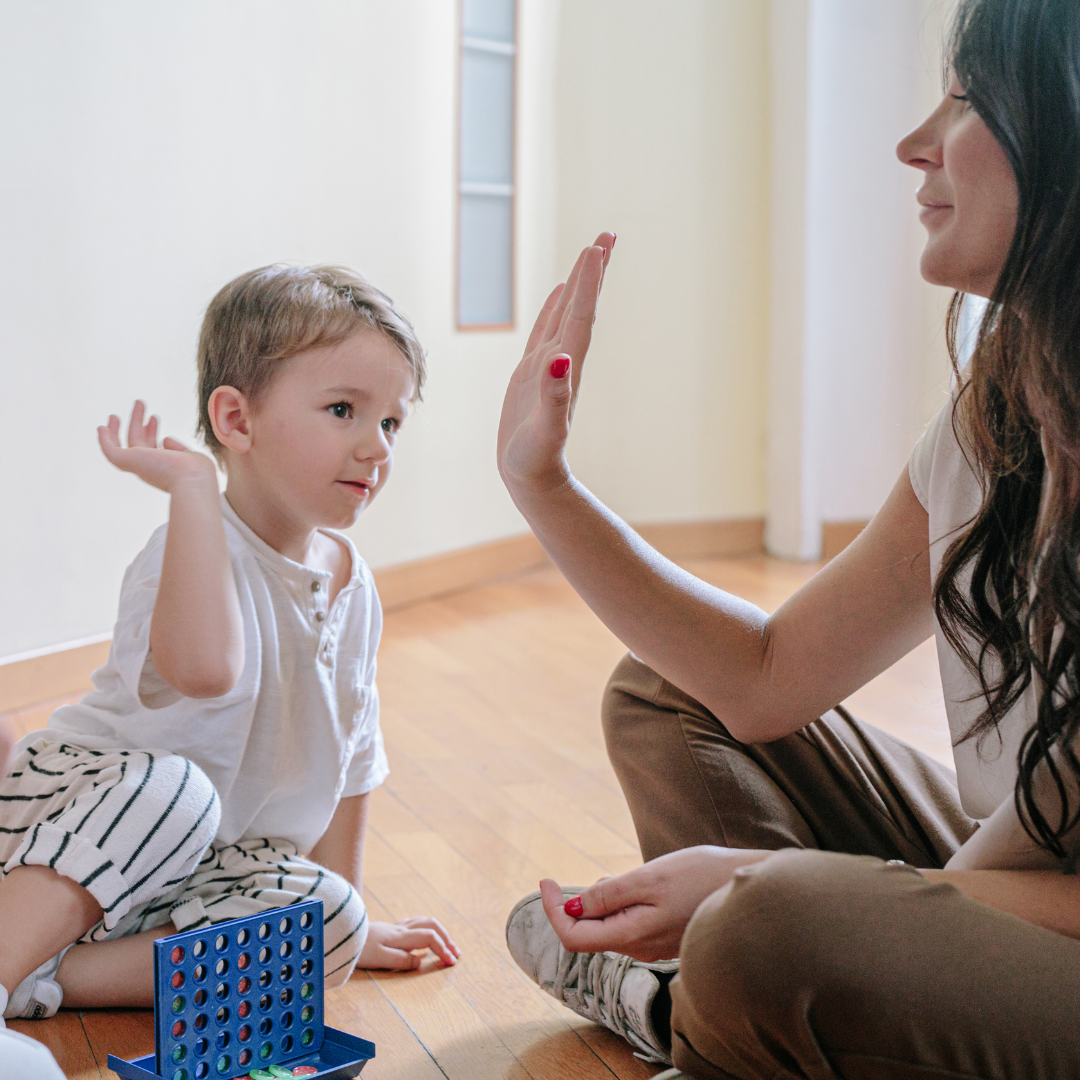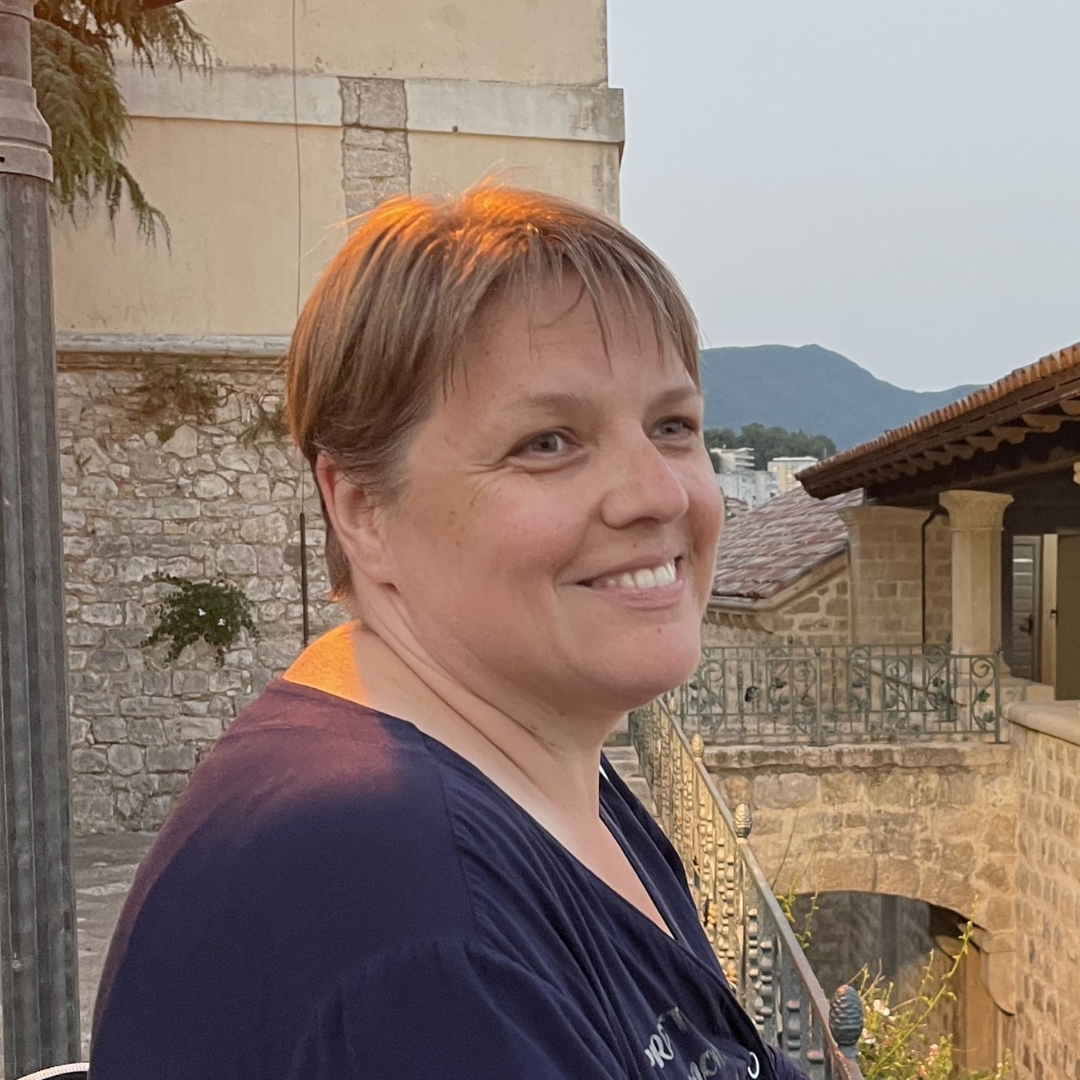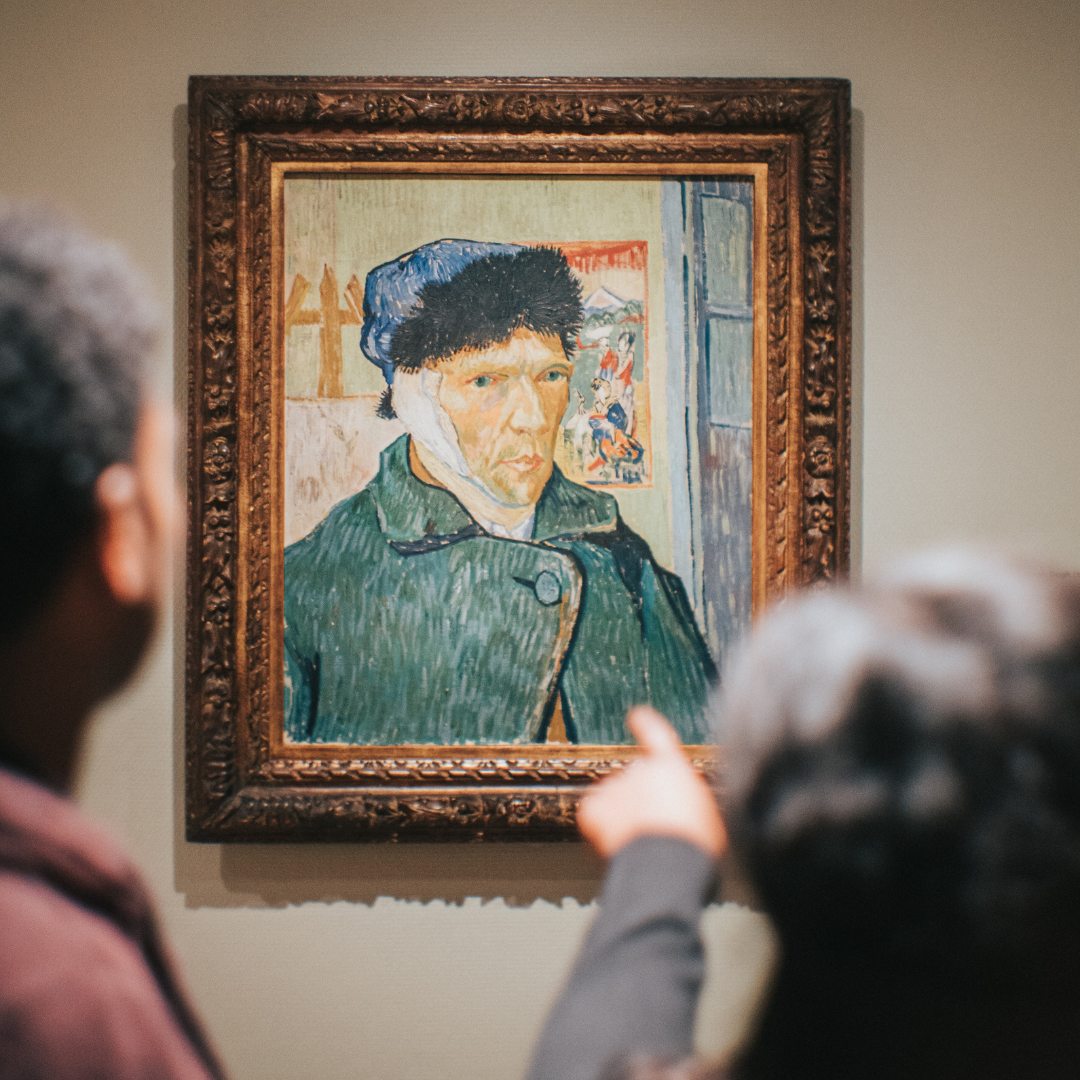Children are amazing creatures. They, for example, have an amazing talent for pulling out all the things we carefully hide from ourselves. If before children you felt unfulfilled, children will not replace realization, but they will painfully poke you in it every day.
If before the birth of a child your relationship with yourself, husband, mother, relatives, other children were not built, a child will aggravate all to such crises, that no mother would be sorry for.
If you don't know how to love, set boundaries, spend money, keep your inner peace, consciously and gratefully depend on and accept someone else's dependence, motherhood can easily become a torment as we do our time waiting for them to grow up.
Modern attitudes toward children constantly flit between "independent" feminism, the idea of childfree (or even childhate) and the rabid "until you are a mother, you are not a person yet. And the former is largely due to the latter.
The singling out of children as a special, apparently superior race (since everyone else, even adult beings, must immediately submit to this new way of life), breaks the adequate conception of reality not only among parents, but also among children themselves.
Our system of interaction with people who have capabilities different from ours - at that time they were commonly referred to as invalids - once suffered greatly from this same tendency. For a very long and difficult time, the world was rebuilding itself from the desire to put such people in "ignore mode" by shoving them into some appropriate boarding school, where they could spend their lives gluing stamps to envelopes. Then one word "invalid" was enough to make all the benefactors of the world fall on you. Try getting the same attention and resources if you are a normal person, not terminally ill, not paralyzed after a terrible accident and not abandoned to the mercy of your relatives? There are now plenty of very good examples of adequate help for such people, of fitting them into real life without wringing shameful tears from everyone around them.
So with ordinary children the same sad story happened. Who among us has not encountered a situation where a mother's entire life is subordinated to the interests of her children? Let's remove from the discussion the small percentage of women who are truly, sincerely, fully immersed in this process, getting high from involvement in the formation of a new big man. Honestly, hand on heart, how many of them are around you? And it's not about our callousness - such immersion in children's lives is truly a given as a talent. And it's great that there are such mothers, such teachers, and what's more, such people in general.
For most everyone else, parenthood is not the only, and certainly not the most interesting part of life. Look, it's not a shame-it's normal. There are a great many tasks in the world just as worthy as raising another member of society. And if you feel like that's the case for you, stop gnawing at yourself with guilt. Moreover, that's no reason to become an immediate detonationist. There's no problem with being a parent and yet not being a drag on the kids.
Children don't need us to drag ourselves away from them and throw our whole lives away for their benefit. Kids need an adult (a real adult, that's what matters), a full-fledged, realized person to live quietly around while they form their relationship to life.
I don't need all of my childhood wishes to be fulfilled - they are often destructive to me, and this experience will serve me poorly later in life, where the principle "everything is only for me!” But I need someone to mark my boundaries, to help me see not only my own, but also other people's desires and prioritize them. That way I can learn to understand that adults' desires are more important than mine for now (sounds terrible, doesn't it?).
I really need someone to just talk to me about every situation I encounter. I won't understand anything through moralizing and talking about "good and evil," it will settle down to empty rules and prohibitions. I myself will very quickly figure out what "pain", "unpleasantness", "happiness", "love", "help", "want" are. It's very important that I can see how parents behave, what situations they get into, what decisions they make - that's probably the most valuable thing.
I could also really use the ability to interact with other living beings from a position of happiness and wholeness (this, however, is a difficult skill, available to not every adult). Growing up around such an adult is more than enough.
I can do the rest on my own.




